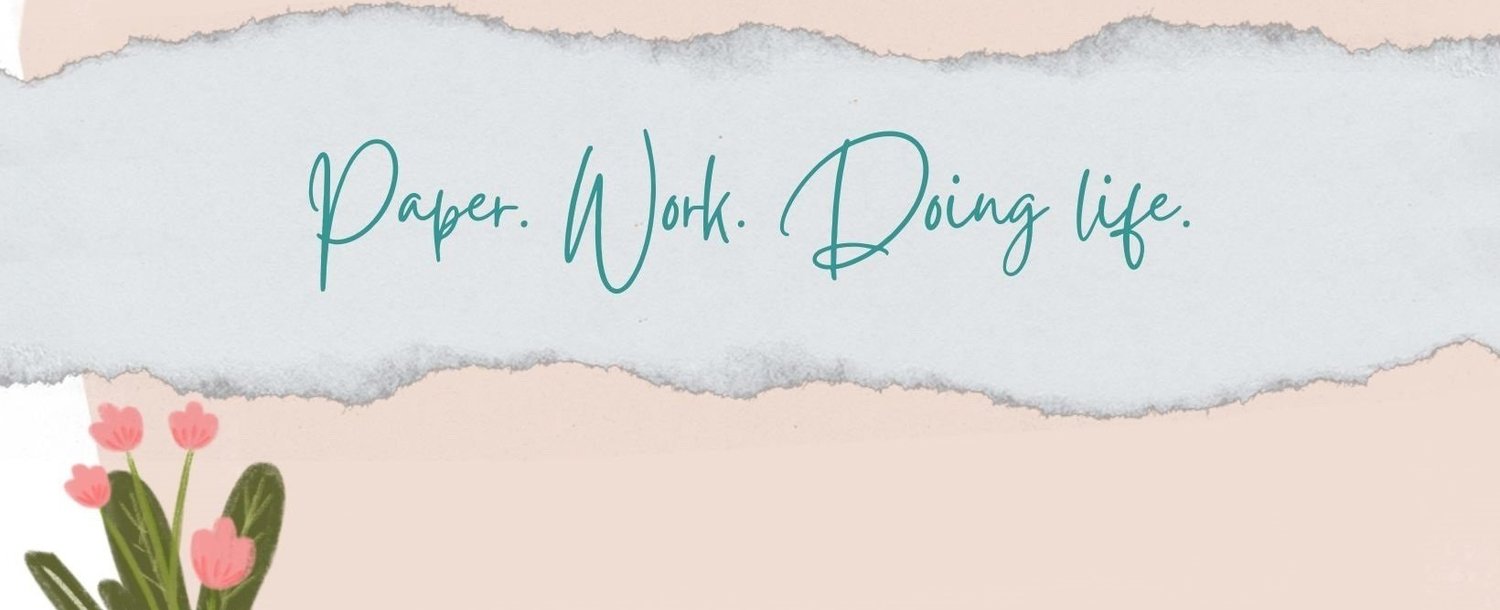This Is Where It Ends - Marieke Nijkamp
Nijkamp, Marieke. This Is Where It Ends. Sourcebooks, 2016.
School shootings...the very topic that drew me to this title is the one that made it so difficult to read. The school day, the semester seemingly begins like every other, an inspirational address from the principal, early morning athletic practice, and kids sneaking into the administrative offices. Until all of a sudden a shot rings out. And the nightmare begins
Told from multiple perspectives, this narrative plumbs the depths of the emotions experienced by students trapped in the auditorium with the shooter, including his sister, students other places in the building, and students outside. The changing of location and characters is one of the strengths of the book. Nijkamp successfully considers the differing perspectives of students outside the building, students inside the building, but not locked in with the shooter, and student locked in the auditorium. We meet the shooter’s sister, her girlfriend, her brother, the shooter’s ex girlfriend, and her close friend. In bits and spurts through their recollections we learn about the shooter and his potential motivations for taking an entire school hostage - for cold blooded murder.
Some potential distractions did exist for me. Some of the logistics didn’t work so well for me. Without spoiling anything, some of the action in the auditorium, especially when kids were trying to escape seemed largely unbelievable. I hated having no insight into the shooter. I couldn’t completely patch together from the other folks’ remembrances the kind of motivation that would lead to such tragedy. However, my frustration in this perfectly mirrors real life, when we are left often to piece motivations together with a mishmash of information from outsiders and observers. I bumped a little bit over the developing romance. I love a good romance, but this development seemed completely unrealistic given the circumstances. I doubt that my students, by and large, will be bothered by this.
Students are often drawn to these stories of tragedy. As we all are, they will look for answers and implications in the real world. Like the ancient Greeks, a certain level of catharsis is applied. Picoult’s Nineteen Minutes and Brown’s The Hate List are fairly popular in my library. This book while not as strong as either of these, will likely find its place as a type. Just know, that it will be difficult to read. Violence and evil are powerfully present, as well they would be.
